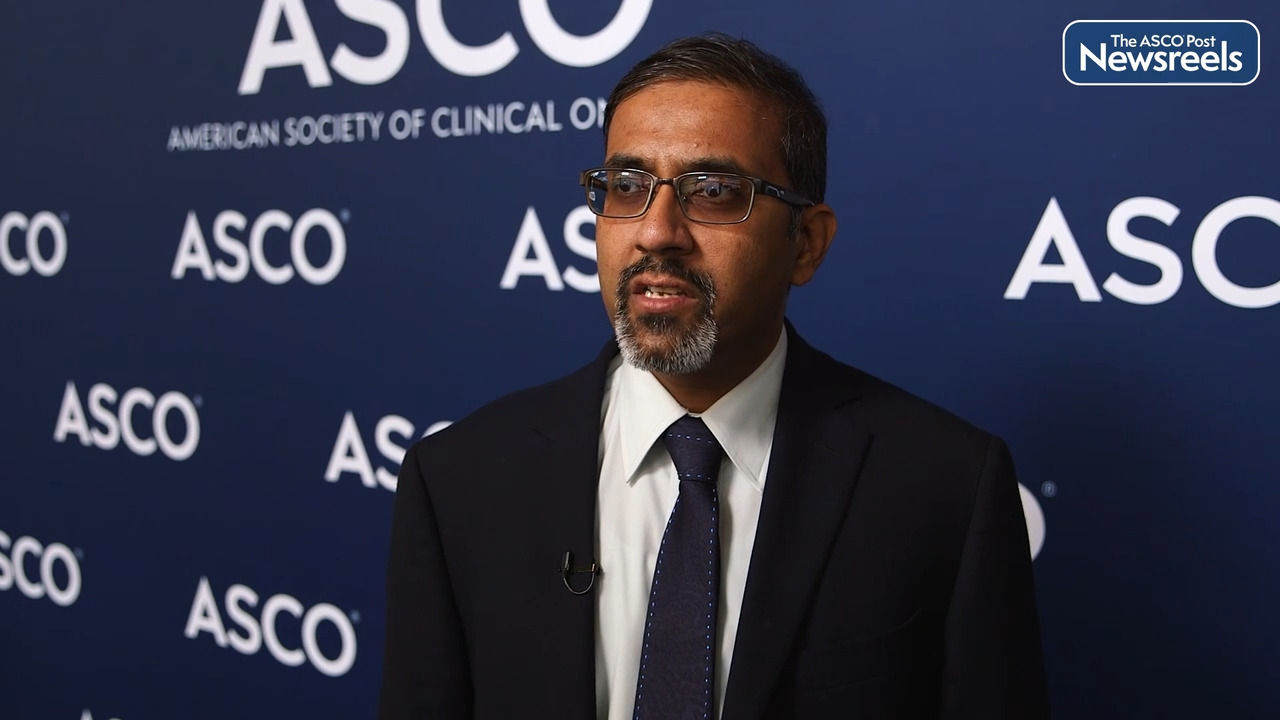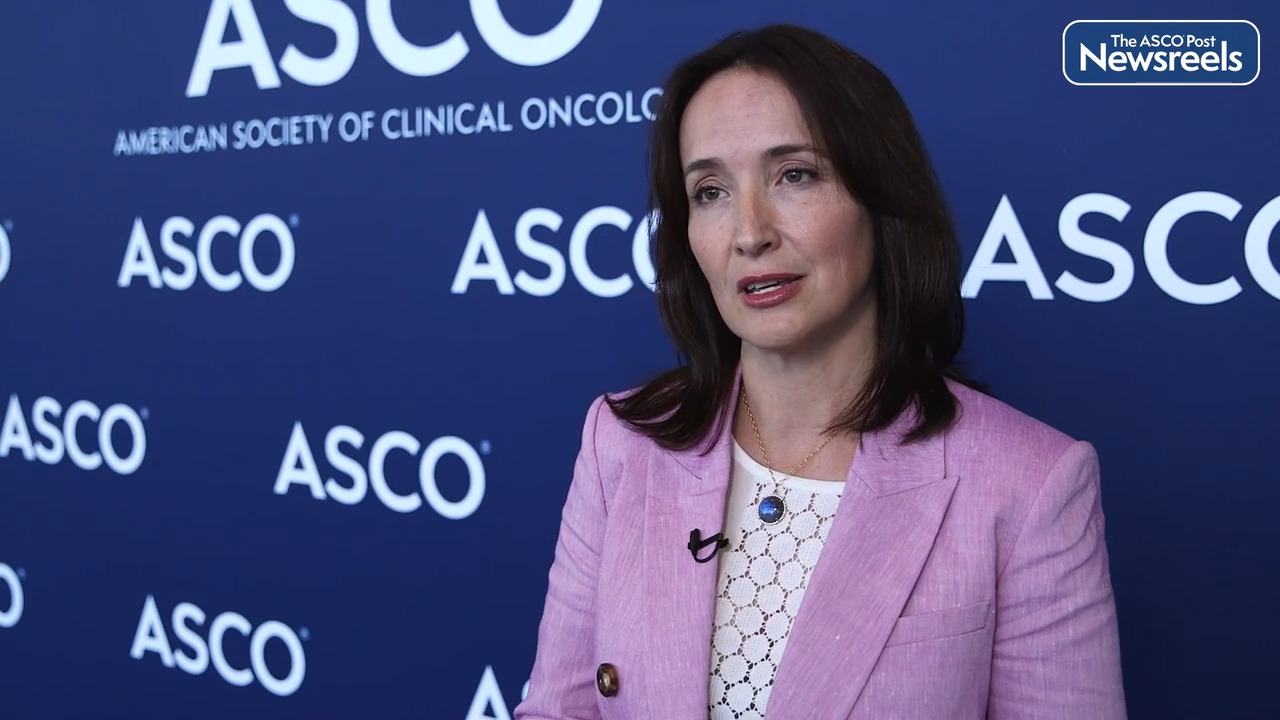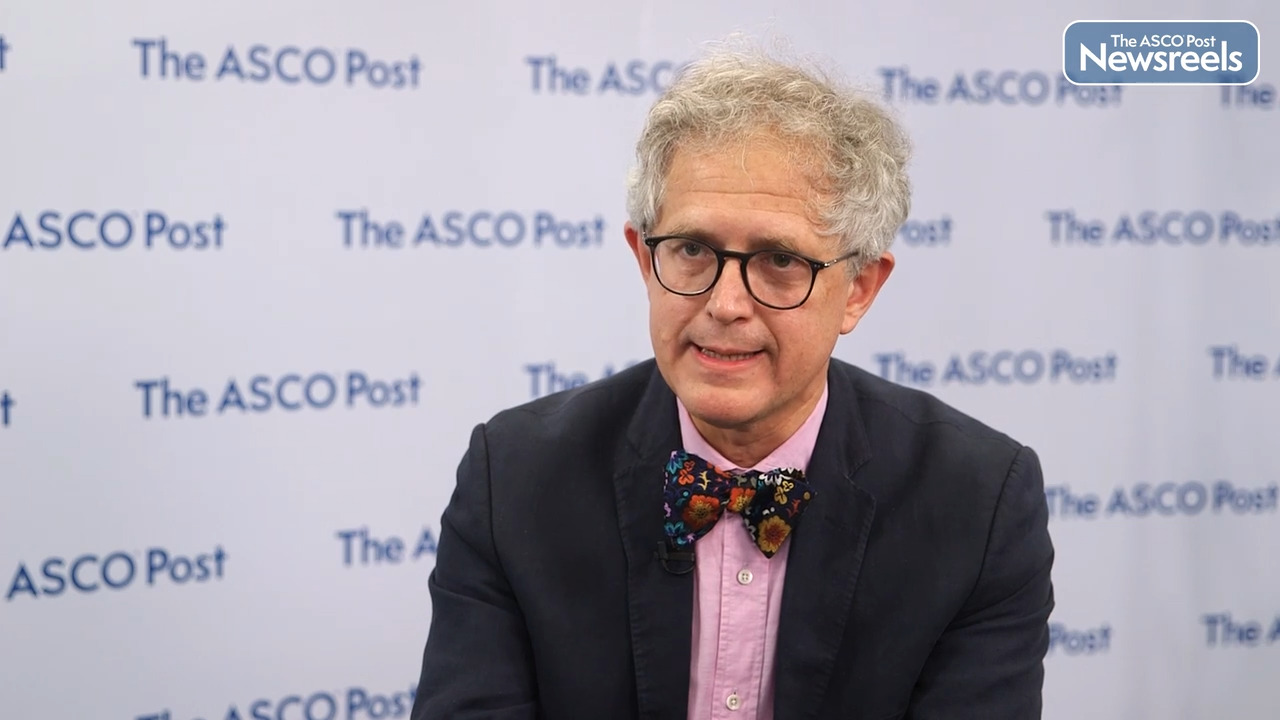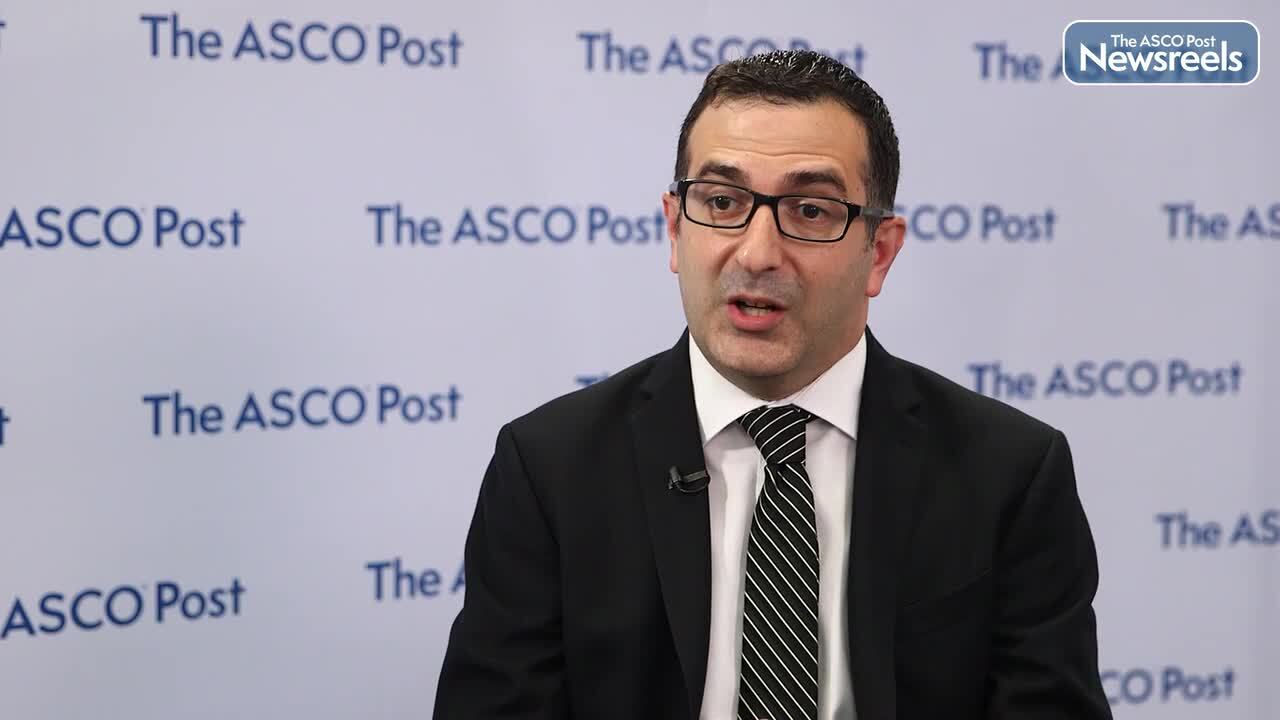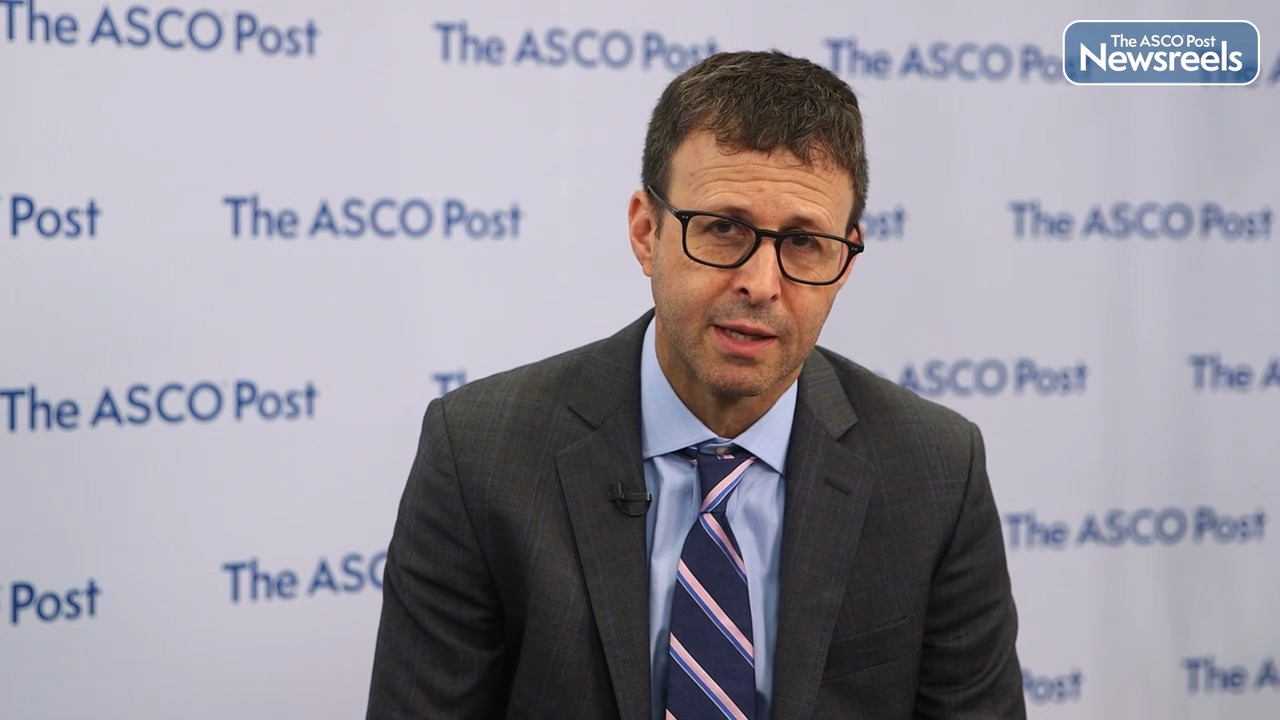Transcript
Disclaimer: This video transcript has not been proofread or edited and may contain errors.
Nancy Davidson:
One of the vexing problems in the management of hormone receptor positive breast cancer is that patients still relapse. We know a lot about the natural history of the disease, and we know that sometimes the relapses can be later. So, we had the opportunity recently to hear the results of four clinical trials that try to look at longer term outcomes in hormone receptor positive breast cancer. These trials in my estimation, try to tackle a couple of different ways that we could improve on this situation. In some cases, they try to refine the selection of patients either by clinical parameters or by molecular tests. In other cases, they try to look at combinations of endocrine therapy or sequences of endocrine therapy. In some cases, they also take a look at the addition of other agents to endocrine therapy. And then finally, we sometimes look at the duration of endocrine therapy.
Now, the first trial that I want to talk about in this context is that a retrospective analysis of the trials from the IBCSG looking at the big trial, the soft trial, and the text trial. This reanalysis was done of this trial, these trials, to try to look at the subsets of high risk patients within those trials, those who had node positive disease or node greater than four nodes, or one to three positive nodes with high risk features. And that's because we wanted to look at them in the context of some of the CDK4/6 inhibitors trials that have also emerged. What came out is that there is an advantage of the endocrine therapy in these trials over the long haul. It also provides us with a baseline, so that we can use this in the future for trial designs for addition of new agents. Wonderful to see that long term follow up.
A second trial looked at older patients. Now this is a really unmet need in early stage breast cancer. This trial focus specifically on patients 70 or over, and it looked at a genomic index as a way of trying to select for or against the use of chemotherapy in addition to endocrine therapy. This genomic index hasn't really been used elsewhere and this trial did show at the end of the day that this index did not help to select for or against the use of chemotherapy. The patients that had high genomic index didn't do better with the chemotherapy. So, as a consequence, we won't be using it further but congratulations to them, we're focusing on high risk elderly patients. Another trial looked at ovarian function suppression in the context of tamoxifen. Long follow up again, it supports the use of ovarian function suppression as we've done in the past, but only two years actually. So, an effort to try to deescalate the ovarian function suppression, wonderful to see that long term follow up.
And then finally the last trial looked at whether or not we should use Denosumab, a bone strengthening agent in addition to hormone therapy in postmenopausal receptor positive breast cancer. We already know that this can help to decrease fractures and what the long term follow up of this trial has shown and exploratory endpoints that Denosumab also decreases the risk of recurrence of breast cancer and appears to also help with survival. So, this may in fact help us to think about whether or not we should use Denosumab to both maintain bone health and as a form of adjuvant therapy in this very select patient population that is postmenopausal women with receptor positive breast cancer, who are receiving aromatase inhibitors. And some these trials really support the notion that we must have longterm follow up for hormone receptor positive breast cancer patients when we're looking at these endocrine therapies and I applaud all four trialists for bringing us to the conclusion.
